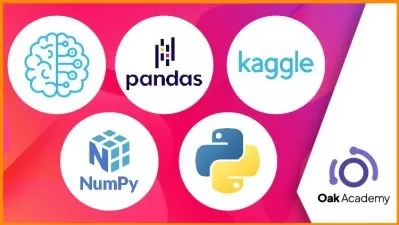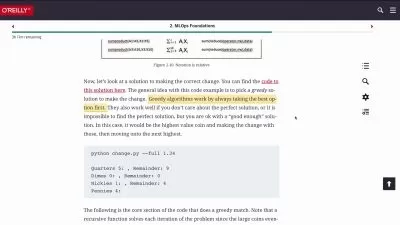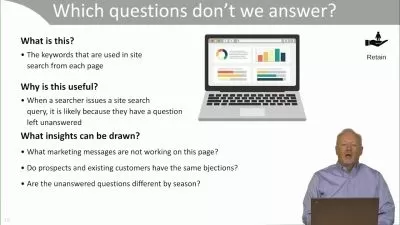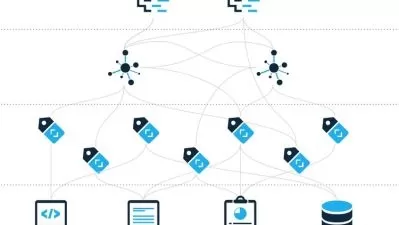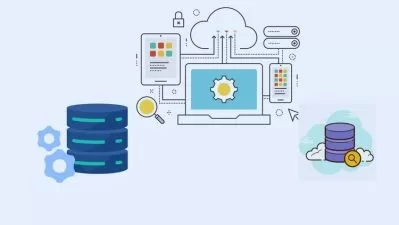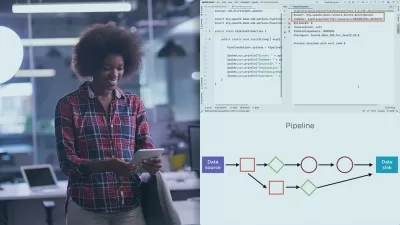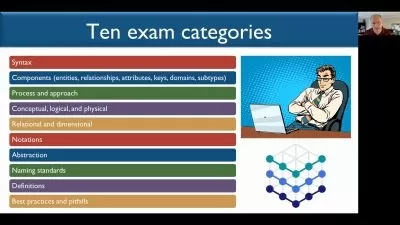Improving data quality in data analytics & machine learning
Mike X Cohen
5:22:02
Description
Learn why, when, and how to maximize the quality of your data to optimize data-based decisions
What You'll Learn?
- Strategies for increasing data quality
- Ways to assess data quality
- Interpreting data visualizations
- How to spot problems in data
Who is this for?
What You Need to Know?
More details
DescriptionAll of our decisions are based on data. Our sense organs gather data, our memories are data, and our gut-instincts are data. If you want to make good decisions, you need to have high-quality data.
This course is about data quality: What it means, why it's important, and how you can increase the quality of your data.
In this course, you will learn:
High-level strategies for ensuring high data quality, including terminology, data documentation and management, and the different research phases in which you can check and increase data quality.
Qualitative and quantitative methods for evaluating data quality, including visual inspection, error rates, and outliers. Python code is provided to see how to implement these visualizations and scoring methods using pandas, numpy, seaborn, and matplotlib.
Specific data methods and algorithms for cleaning data and rejecting bad or unusual data. As above, Python code is provided to see how to implement these procedures using pandas, numpy, seaborn, and matplotlib.
This course is for
Data practitioners who want to understand both the high-level strategies and the low-level procedures for evaluating and improving data quality.
Managers, clients, and collaborators who want to understand the importance of data quality, even if they are not working directly with data.
Who this course is for:
- Data science practitioners
- Data scientist students
- Managers or colleagues who work with data practitioners
All of our decisions are based on data. Our sense organs gather data, our memories are data, and our gut-instincts are data. If you want to make good decisions, you need to have high-quality data.
This course is about data quality: What it means, why it's important, and how you can increase the quality of your data.
In this course, you will learn:
High-level strategies for ensuring high data quality, including terminology, data documentation and management, and the different research phases in which you can check and increase data quality.
Qualitative and quantitative methods for evaluating data quality, including visual inspection, error rates, and outliers. Python code is provided to see how to implement these visualizations and scoring methods using pandas, numpy, seaborn, and matplotlib.
Specific data methods and algorithms for cleaning data and rejecting bad or unusual data. As above, Python code is provided to see how to implement these procedures using pandas, numpy, seaborn, and matplotlib.
This course is for
Data practitioners who want to understand both the high-level strategies and the low-level procedures for evaluating and improving data quality.
Managers, clients, and collaborators who want to understand the importance of data quality, even if they are not working directly with data.
Who this course is for:
- Data science practitioners
- Data scientist students
- Managers or colleagues who work with data practitioners
User Reviews
Rating
Mike X Cohen
Instructor's Courses
Udemy
View courses Udemy- language english
- Training sessions 44
- duration 5:22:02
- English subtitles has
- Release Date 2022/11/17






